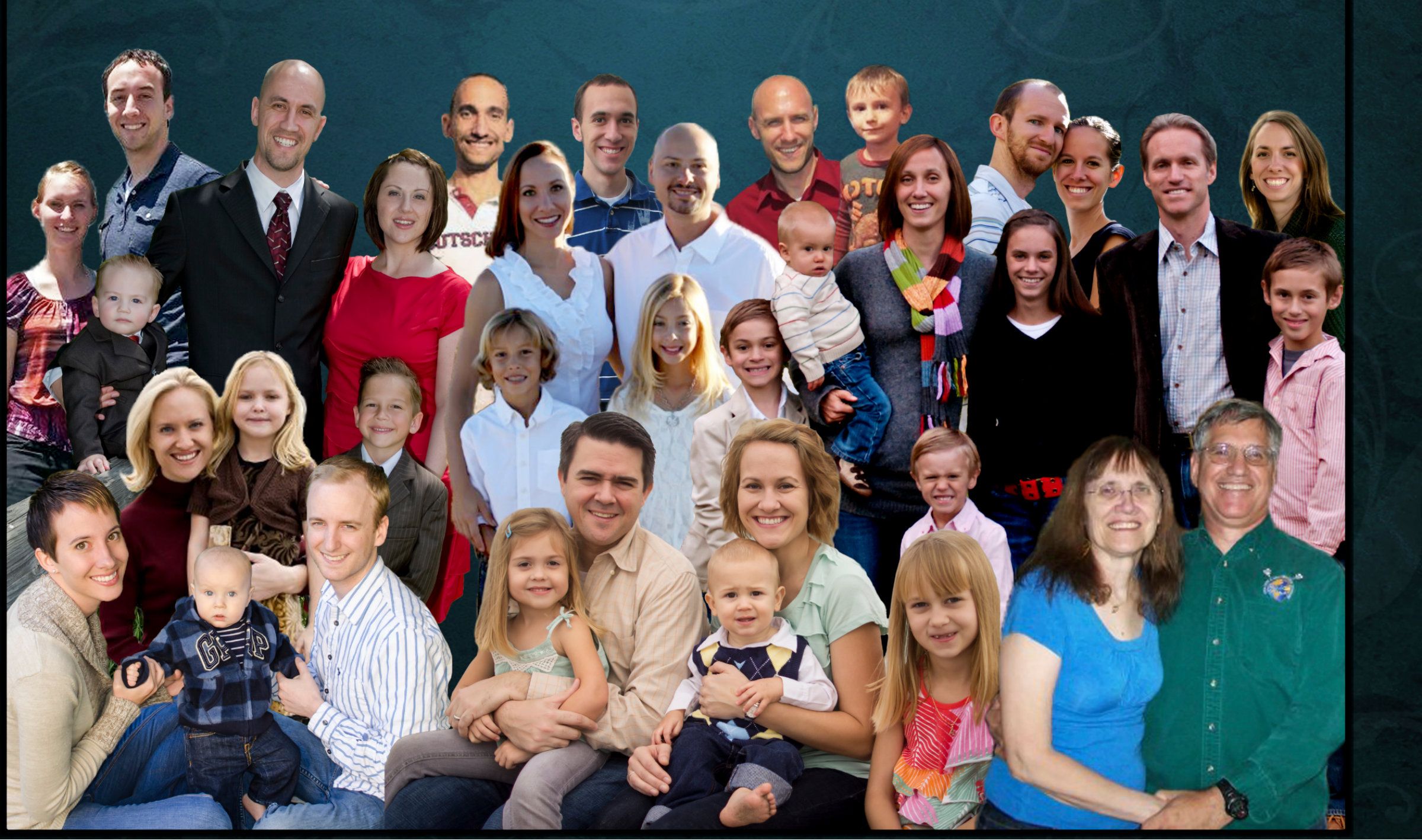 Source: How I made sure all 12 of my kids could pay for college themselves
Source: How I made sure all 12 of my kids could pay for college themselves
This missive from the parents of 12 kids is, all in all, a very interesting roadmap for raising a family, but I reject one particular portion.
We did not have snacks between meals. We always had the four food groups (meat, dairy, grain, fruits and vegetables) and nearly always had dessert of some kind. To this day, our kids are not afraid to try different foods, and have no allergies to foods. They try all kinds of new foods and eat only until they are full. Not one of our kids is even a little bit heavy. They are thin, athletic, and very healthy. With 12 kids, you would think that at least one would have some food allergies or food special needs. (I am not a doctor.)
While I encourage kids to try different foods and provide a balance meal, the insinuation that children with food allergies have them due to improper parenting is wrong.
First, according to the American College of Allergy, Asthma, and Immunology, only 4-6% of children are impacted by food allergies. While there is plenty of experience with 12 kids, the math favors that it isn’t unusual for a group of 12 children to have no allergic triggers.
Secondly, while research is still being done, there are many indicators that at least some types of food allergies are genetic. In various studies done, between 35% and 84% of instances of blood indicators of an allergy are genetically determined with additional research suggesting that a particular gene mutation may be related to the typical litany of asthma, eczema, and allergies.
In consultation with our specialists and reading the research, my understanding is they’re not clear if a genetic issue is simultaneously causing these three separate illnesses or if one leads to another, but the data very much suggests a substantive connection.

We have multiple children impacted by food allergies. Our oldest is impacted most severely and notably has had eczema issues from birth and had her first allergic reaction at nine months old upon her first digestion of cow’s milk (via a dairy-based infant formula). In addition to cow’s milk, she’s also allergic to eggs, peanuts, and almost all tree nuts1.
Her allergic reactions are not simply thinking the food tastes bad. Her taste buds do pretty accurately alert her to triggers, though. A neighbor made us muffins once, being sure not to use dairy milk. My daughter took one bite, said it tasted funny, and refused to take another bite. Within a couple of minutes, she broke out into hives and experienced facial swelling requiring immediate medication to quell the reaction. The neighbor didn’t realize she was allergic to dairy in all forms and included butter while making the baked goods. We’ve learned that when she tells us something tasted wrong, we need to trust her, determine what may have contaminated that food, and be ready to administer medication.
The conflation of picky eating and food allergies is simply wrong and ignorant of a legitimate and serious medical condition.
- She can tolerate almonds when used in cooking, e.g. almond milk, but generally still avoids it. ↩

Leave a Reply